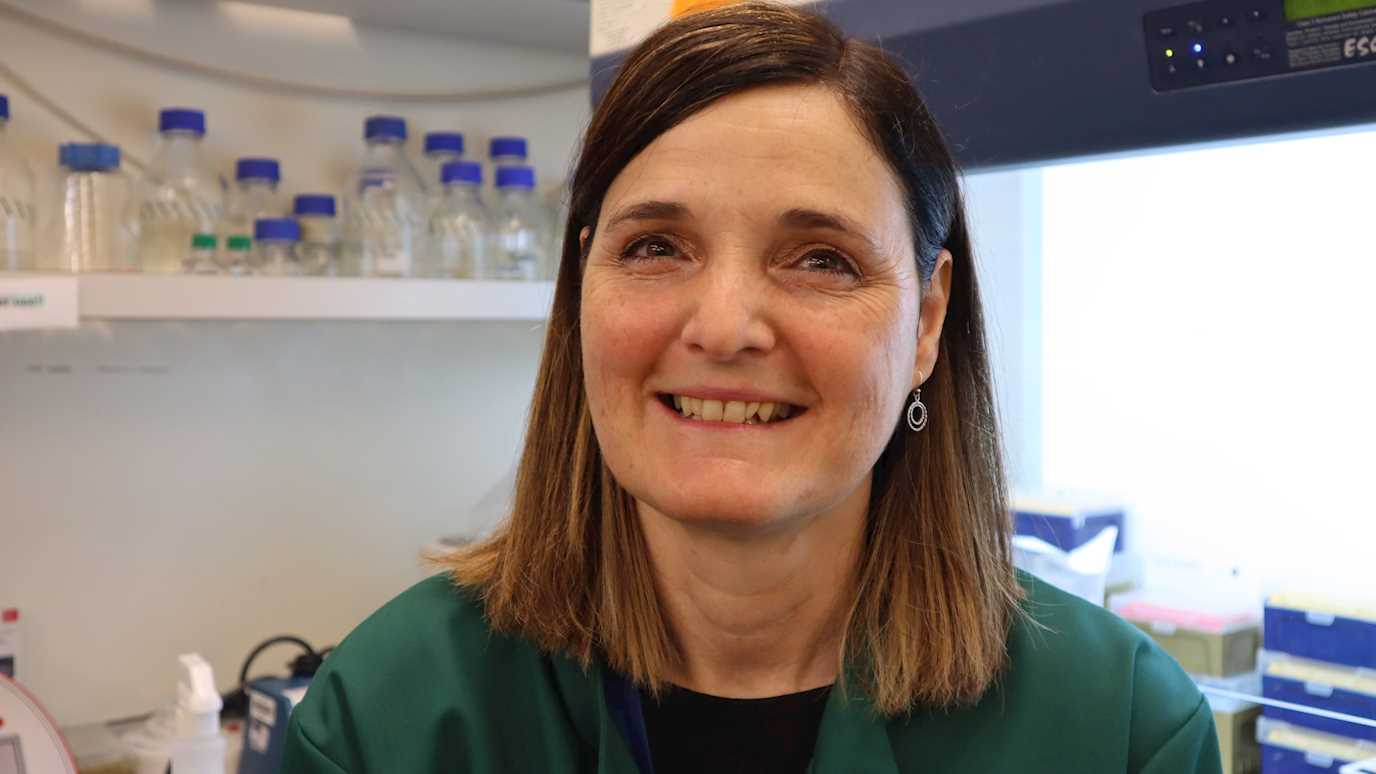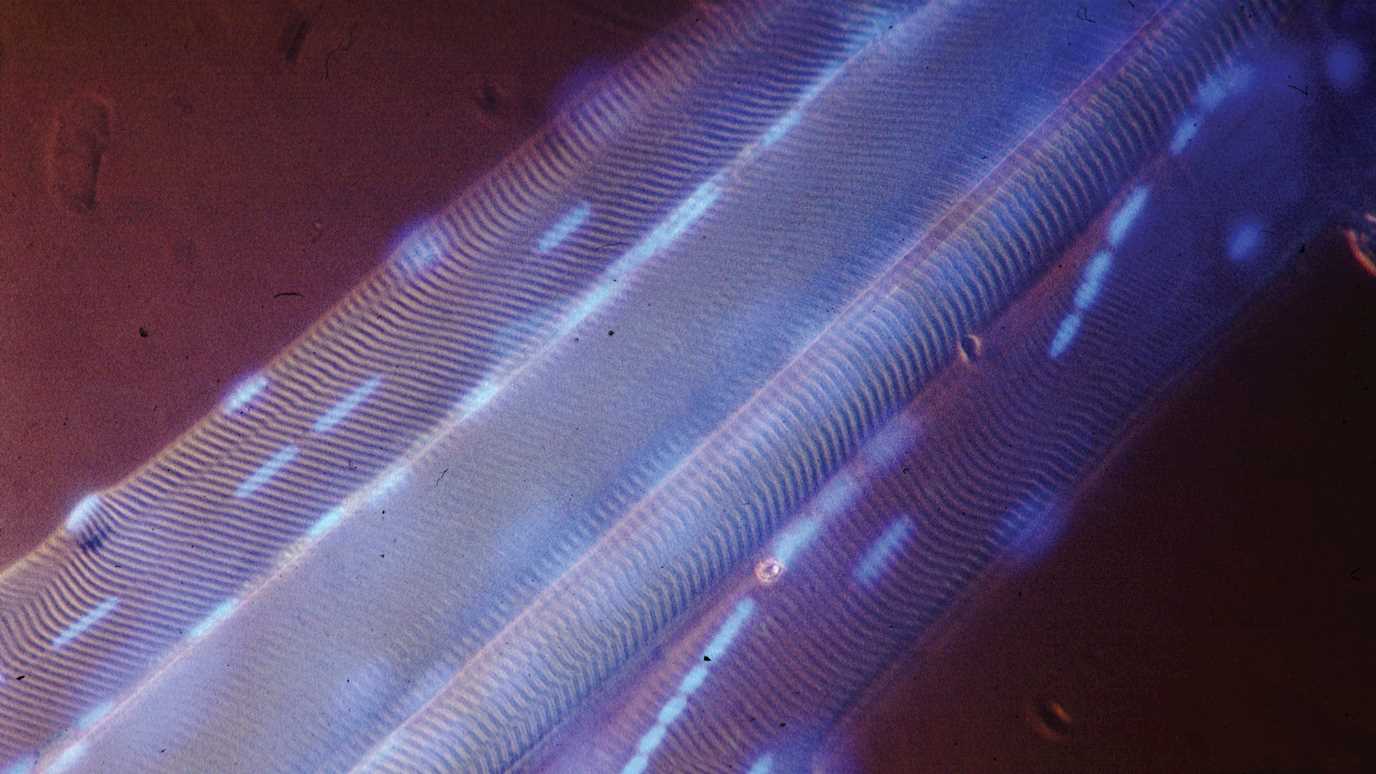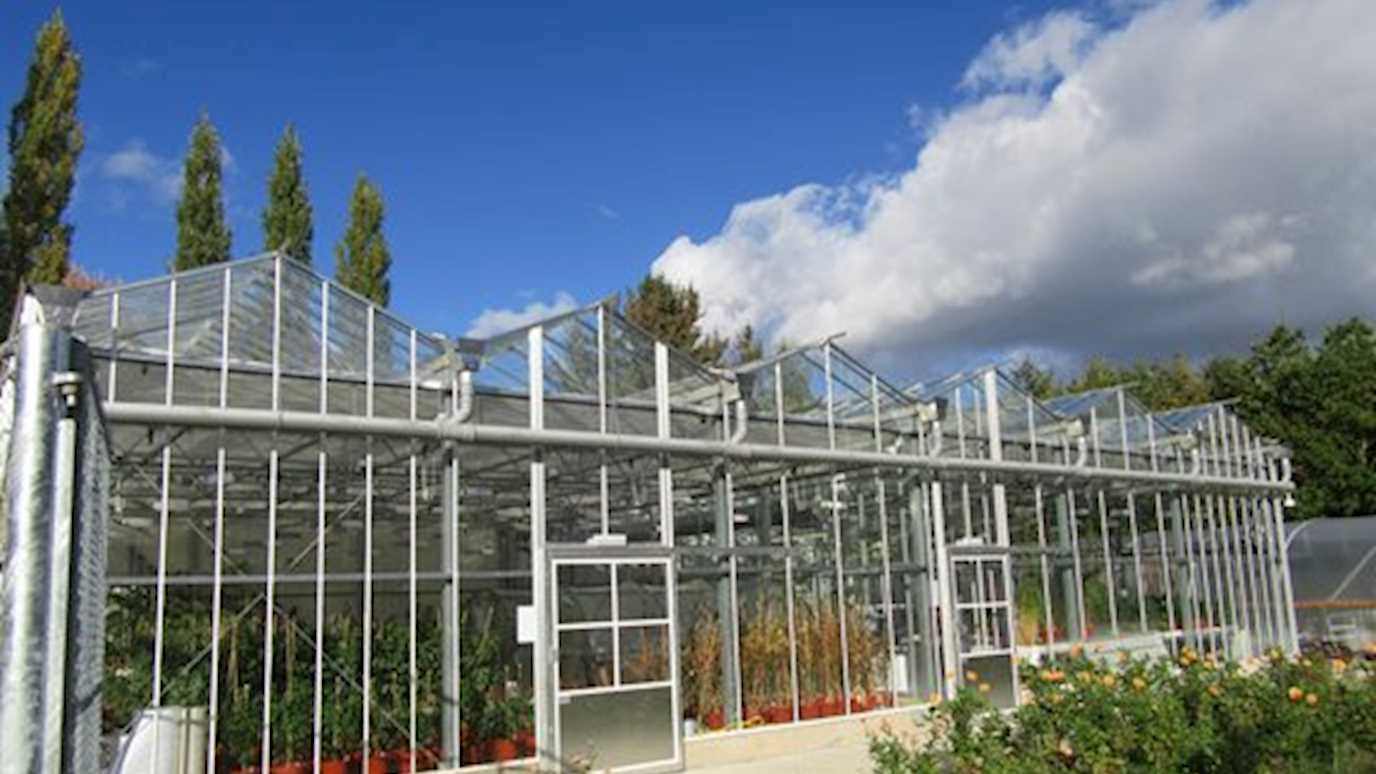Discover how research from our Department of Biological Sciences has created an impact.
Industrial, educational, and scientific beneficiaries of novel carotenoid technologies
Research developed by the team at RHUL has addressed the major challenges of nutritional security and the replacement of fossil fuel-derived manufacturing. This research led to (i) the generation of food crops biofortified with health-promoting carotenoids such as lycopene and β-carotene and anthocyanins and (ii) the production and technical feasibility of novel, sustainable platforms for nutritional and industrial carotenoids. Consequently, this research enhanced industrial R& D across the cosmetic, food, feed, agricultural, health and pharmaceutical sectors, improved UK science education in nutrition and biotechnology, produced high value chemicals, and provided enabling technologies for industrial exploitation and the scientific community.
For more information please click here.
Improving crop seed quality through environmentally sustainable technologies to benefit the seed industry and promote food security
High-quality seed is essential for enhanced seedling performance under stress (climate change) and consequently for yield and food security. Research by RHUL's Seed Group has led to environmental-friendly technologies that refine quality, storability and resilience of crop seeds (2019 global seed market USD61,500,000,000). This has commercially benefitted the world's leading sugar beet seed supplier (KWS SAAT SE) by enabling it to improve production, quality control processes, and sustainable technology. In the UK, the research has facilitated the 'Rocket Science Project' for food security and climate change awareness, and helped a leading inde-pendent vegetable seed and breeding company (Tozer Seeds) to advance quality management and driving employment opportunities and an investment of GBP500,000 in a new R&D facility.
Professor Gerhard Leubner and Dr Tina Steinbrecher
For more information please click here.
Transforming therapeutic outcomes of fatal Duchenne Muscular Dystrophy with genetic medicines
Royal Holloway University of London (RHUL) has pioneered transformative gene therapies for Duchenne muscular dystrophy, a progressive, incurable, fatal, rare muscle disease. These therapies have significantly enhanced patients’ quality of life and prevent their further deterioration. The research has resulted in two commercially available drugs, VyonDys-53 (patented by RHUL and approved by the US Federal Drugs Agency in December 2019) and ExonDys-51 (collaboratively optimised by RHUL). The commercial benefit for Sarepta Therapeutics Incorporated, the company that markets both drugs, is total sales of $834,400,000 for ExonDys-51 (since its approval in 2016 until 2019) and a 32% increase in its share price immediately following approval of VyonDys-53 in December 2019. Together these two drugs have the potential to provide therapeutic benefit to nearly 25% of patients living with Duchenne muscular dystrophy worldwide.

Professor Linda Popplewell
























